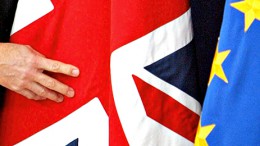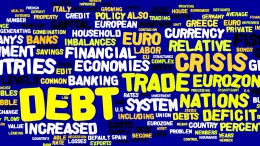The euro area’s deflation inflexion point
LONDON | By Jim McCormick and Keith Parker (Barclays) | At the start of the year, we analyzed the risks of a prolonged bout of deflation in the euro area (Japan-style deflation in Europe getting harder to dismiss). Our broad conclusion was that the risks of deflation in the euro area were probably not materially different from the risks Japan faced in the mid 1990s. Perhaps more important, we felt investors should picture 1996-97 Japan when assessing the risks of euro area deflation today.






